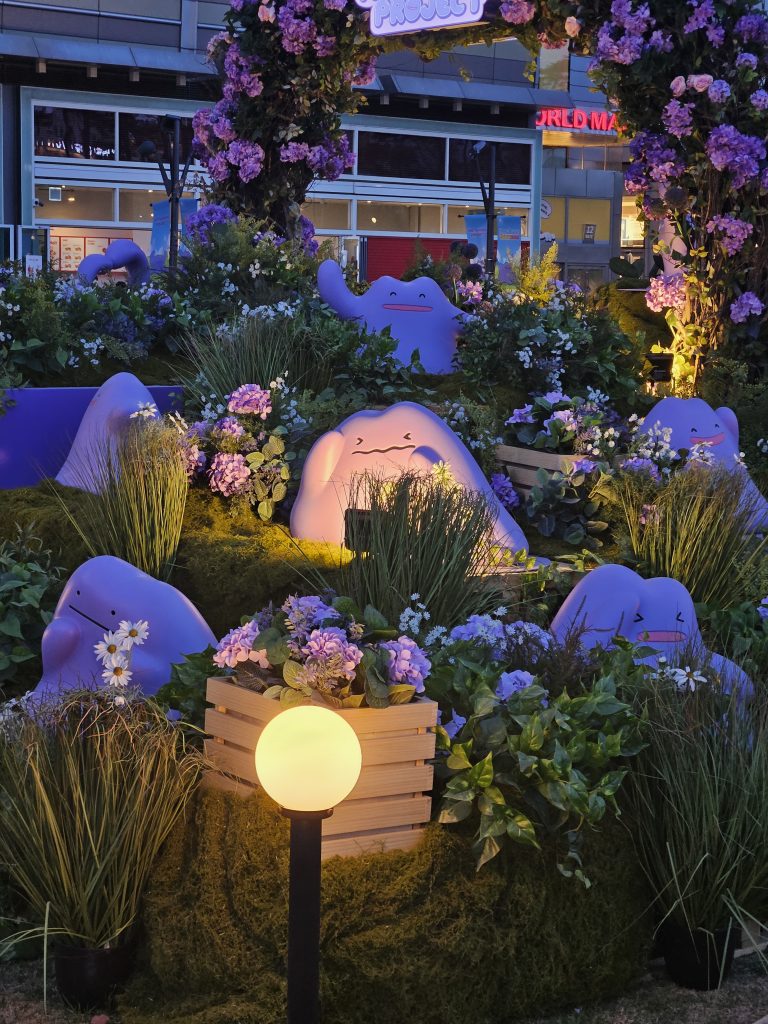Hi everyone, I’m Samuel – a History student just about to go into my final year. For the past 11 months I’ve been living and studying in Seoul and just now preparing to return to England. It’s been a fantastic experience which has taught me many things and allowed me to meet many people. I hope with this post I can help any you who are considering a year abroad to take the opportunity – even if its daunting.
How I ended up in Seoul –
All the way back during A-levels, from the moment I was choosing my university and course – I knew I wanted to do a year abroad. In fact, the reason Southampton was my number one choice was largely due to the fact that it has a huge catalogue of partner universities which included many in the Asian continent (which is where I vaguely knew I wanted to end up). During university I developed a larger interest in the East Asian region’s history due to my Chinese history modules. Thus, I knew I wanted to spend my year somewhere in the Sinosphere. My interests in Japanese and Korean pop culture then led me to put their universities as my top choices – of which they gave me Seoul National University (Korea’s number 1 university). From the English side, the process of applying wasn’t all that complicated (just keep a checklist of what needs to be done as you’re applying). But some of SNU’s forms and the Visa were a little more work.
Broadening Educational Perspective –
I know some people from other universities who were forced to take modules within their discipline during their time here. Luckily, I didn’t. This may be different depending on your course but for me it at least, I was able to learn about a whole range of things I never would have considered at home. Sports Science, Astronomy, Engineering, Korean – these were just some of the things I was able to do and develop skills and knowledge in during my year. Of course, I did modules geared towards my own discipline too; History, Politics, Chinese Literature, Korean Law. What I’ve learned during this year has already started to shape my dissertation and post graduate decision making.
The Language –
I won’t pretend. Korean is a very difficult language for native English speakers to learn. The alphabet is extremely easy and will lull some with a false sense of security before dropping the bomb which is intermediate Korean grammar. Though difficult, I think with a week or two of self-study before coming and with the Korean classes offered at SNU, I think anyone can build up a solid base of Korean – enough to get around at least. I have found unlocking another language to be one of the most rewarding things to have been gained from this experience. It also provides skills which can be used on other languages. For example, Korean and Japanese have vaguely similar grammar. Learning this grammar has been so much simpler for me because I knew how to learn a language, how I enjoyed learning a language, and because they had similarities which fast-tracked the early stages.
The Social Side –
SNU has a bit of a reputation as being a place where students are quite reserved – they’re so focused on education that they complain about money spent on building renovations and university festival expenses. However, most people there are quite friendly and open to socialising – its just a few who make it seem this way. SNU has a group called the Buddy Programme which matches full time SNU students with 3-5 foreign exchange students and then organises them into a larger group of 40-50 people. There are about 8 large groups. Through this I’ve met many amazing friends who I’m looking forward to meeting one holidays in the future. The Korean buddies will organise outings to see cultural heritage, do sports, and many other sorts of activities. Importantly, they’re people you can come to when you need help in Korea. Depending on the club, foreigners can join. I was able to join rugby, but I know someone who couldn’t join tennis – it seems to depend on their ability to accommodate English within the club itself.

